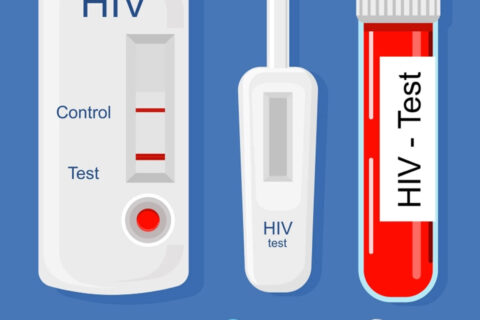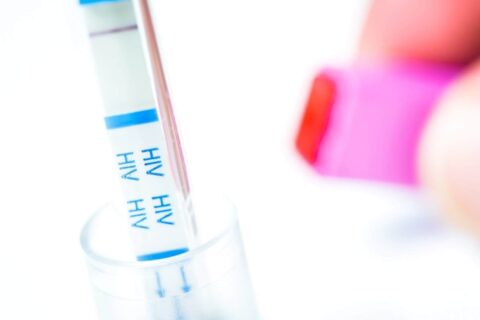The Importance of Preventing Hep C and HIV
Approximately 2.4 million Americans live with the Hepatitis C virus (HCV).[1] Another 1.2 million live with HIV, and about 13% don’t know it.[2] Both viruses attack the body and pose a risk of death. Preventing these diseases is critical, and here are a few ways you can do it.
Hepatitis C Prevention
HCV spreads via drug injection or by being born to a mother who has used a dirty needle. Additionally, invasive health care procedures, unregulated tattooing, donated blood or organs (rare in the U.S.), sharing private items like toothbrush/nail clippers, and needlestick injuries via health care. In very rare instances, HCV can be transmitted sexually particularly if anal sex is practiced.
The medical field has developed prevention practices that make transmission rare there. Individuals need to take care not to inject themselves with dirty needles.
Take note that there are no immunizations for HCV. Vaccinations do exist for Hep A and Hep B, however. Talk to us at Brevard Health Alliance if you need immunization against disease.
HIV Prevention
HIV can be prevented by getting tested. Simply knowing your status can help. Using condoms during sex can also reduce the risk of contact since HIV spreads through blood and semen. Pre-exposure prophylaxis (PrEP) is a once-daily pill that reduces the risk of infection from drug use or sex.[3] It can also stop the spread of HIV in your body. However, it only protects you from HIV, not from other STDs.
Treatments for Hep C and HIV
Hep C can be cured and HIV can be treated, but you must be proactive. Both require that you take daily medications. HCV meds must be taken for eight to 12 weeks for you to become cured. HIV meds can repress replication of the illness but won’t cure it. Therefore, you need to take the meds daily.
Talk with your partner and your doctor about HCV and HIV prevention. Brevard Health Alliance offers these infectious disease services and more. Contact us today to schedule your appointment.
References:
[1] https://www.cdc.gov/hepatitis/hcv/hcvfaq.htm#section1
[2] https://www.hiv.gov/hiv-basics/overview/data-and-trends/statistics
[3] https://www.cdc.gov/stophivtogether/hiv-prevention/prep.html


















































































































































